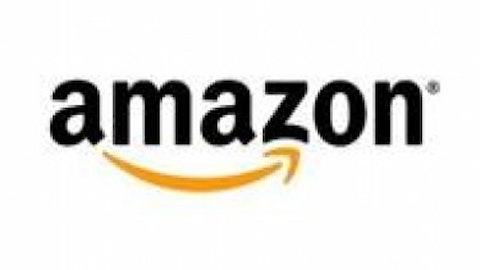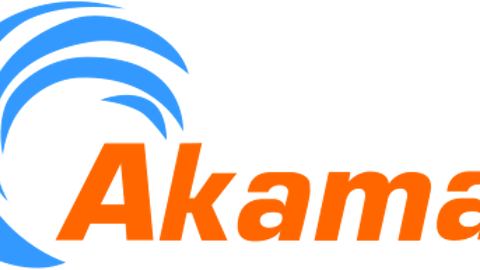And yet, Barnes & Noble, a bookseller, isn’t pursuing a business model that promotes books! It’s like ExxonMobil saying there’s more access to oil and natural gas than ever before, but we’ve decided to really focus our attention on pushing candy bars in our gas stations. It makes no sense, and neither does a bookseller not promoting books.
Meanwhile, over at Amazon, Kindle Owners’ Lending Library has grown to over 300,000 books available to borrow for free, including many titles exclusive to Amazon. The company announced a new Kindle Fire HD with a larger screen for certain countries in Europe, and announced a lower price on the device in the U.S.
Amazon Publishing, the publishing arm of Amazon.com, announced that it will start paying authors more frequently. And the site acquired Goodreads, a popular website for book lovers.
Amazon may not make it possible to directly compare book and device sales with Barnes & Noble, but one thing is clear: Amazon is investing in books and reading, while Barnes & Noble, Inc. (NYSE:BKS) is not.
But wait, there’s more!
Did you know that Barnes & Noble and Amazon are not the only two large booksellers in the country? The second largest bookstore chain in the U.S. is Books-A-Million, Inc. (NASDAQ:BAMM), with 253 stores in 33 states.
Unfortunately, the numbers at Books-A-Million, Inc. (NASDAQ:BAMM) are not too different from the results at Barnes & Noble. At Books-a-Million net sales for the first quarter of decreased 7.4% to $104.5 million, compared with sales of $112.8 million in the year-earlier period. Comparable same-store sales for the first quarter declined 6.8%, compared to the same quarter the previous year. Net loss from continuing operations for the first quarter was $3.7 million, or $0.25 per diluted share, compared with net loss from continuing operations of $1.9 million, or $0.13 per diluted share, in the year-earlier period.
Books-A-Million, Inc. (NASDAQ:BAMM) also blamed a lack of compelling titles, such as The Hunger Games and the Fifty Shades of Grey trilogy on poor sales.
Books-a-Million engages in e-book sales through its website, but does not release the sales figures separately. The company has a partnership with Barnes & Noble to sell Nooks, and promote e-book sales for Nook.
Final chapter
Americans are reading. Americans are reading more content now than ever before. There are more books available now than ever before. Booksellers should not be failing. The problem here are the companies, not the supply and demand.
The current inability to succeed in a favorable market casts serious doubts on Barnes & Noble. The company resembles the now defunct Borders bookstores all too well.
If your gut says that you think Barnes & Noble, Inc. (NYSE:BKS) will still be around in five years from now, and you like to take risks, now is the time to buy. Prices are nice and low!
But if you aren’t a risk taker, and you want to invest safely for the long term, booksellers are not the way to go.
The article An Author Looks at Barnes & Noble Earnings originally appeared on Fool.com and is written by Erin McBride.
Erin McBride has no position in any stocks mentioned. The Motley Fool recommends Amazon.com. The Motley Fool owns shares of Amazon.com. Erin is a member of The Motley Fool Blog Network — entries represent the personal opinion of the blogger and are not formally edited.
Copyright © 1995 – 2013 The Motley Fool, LLC. All rights reserved. The Motley Fool has a disclosure policy.



